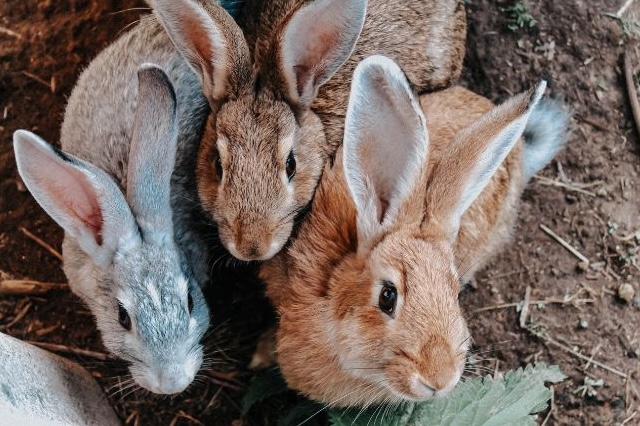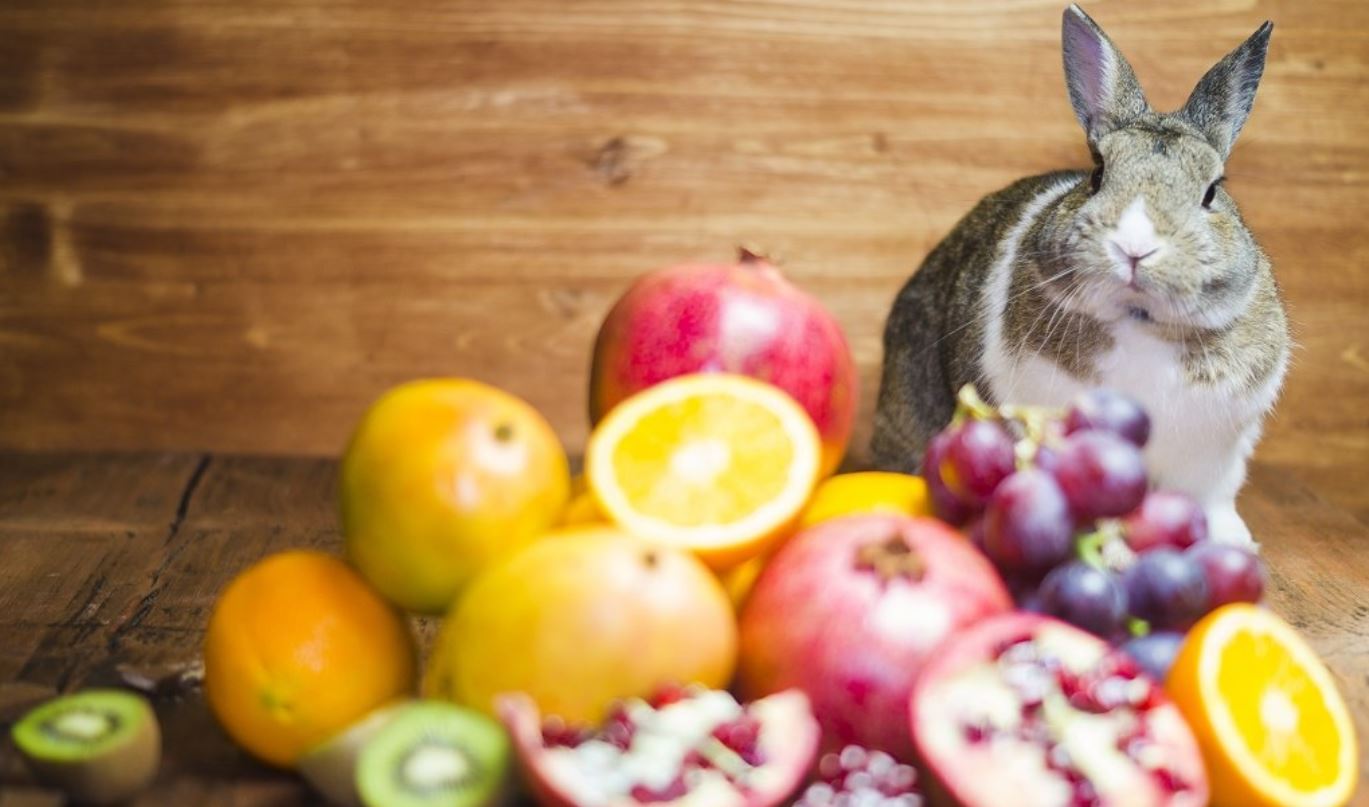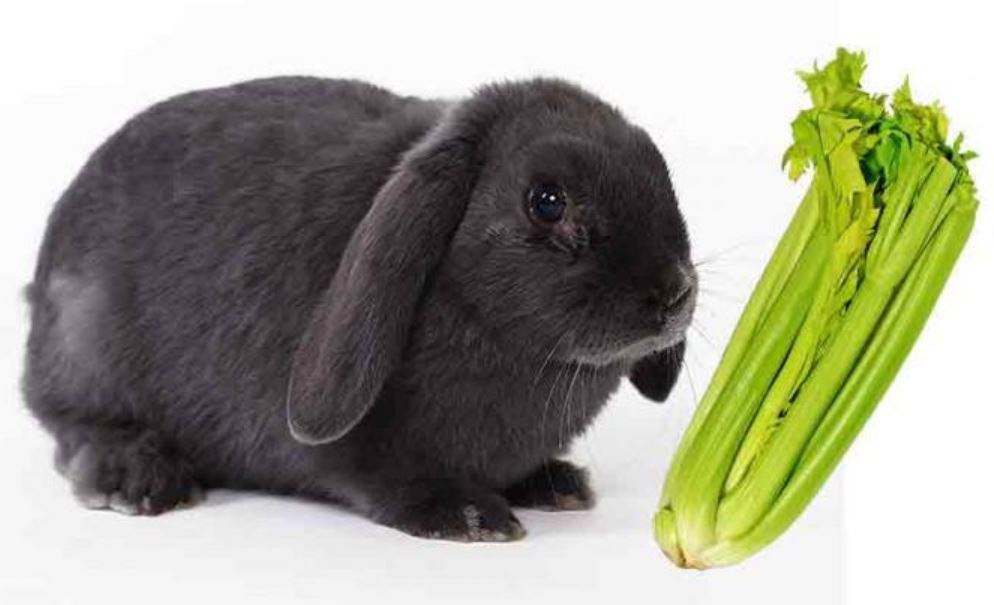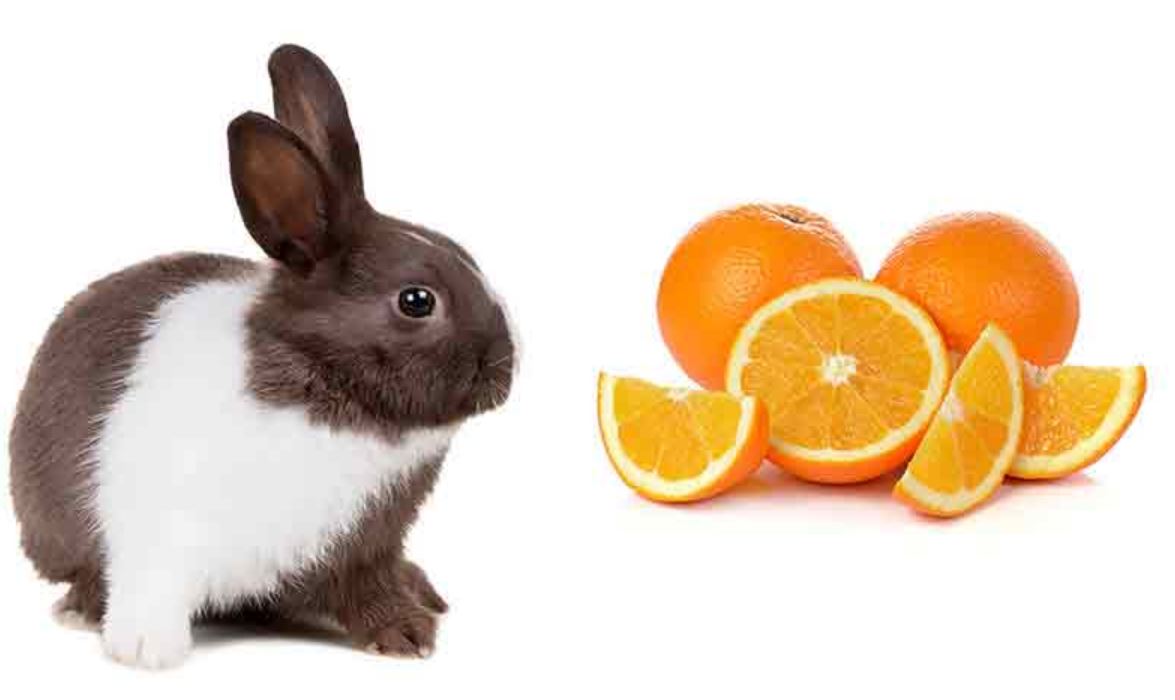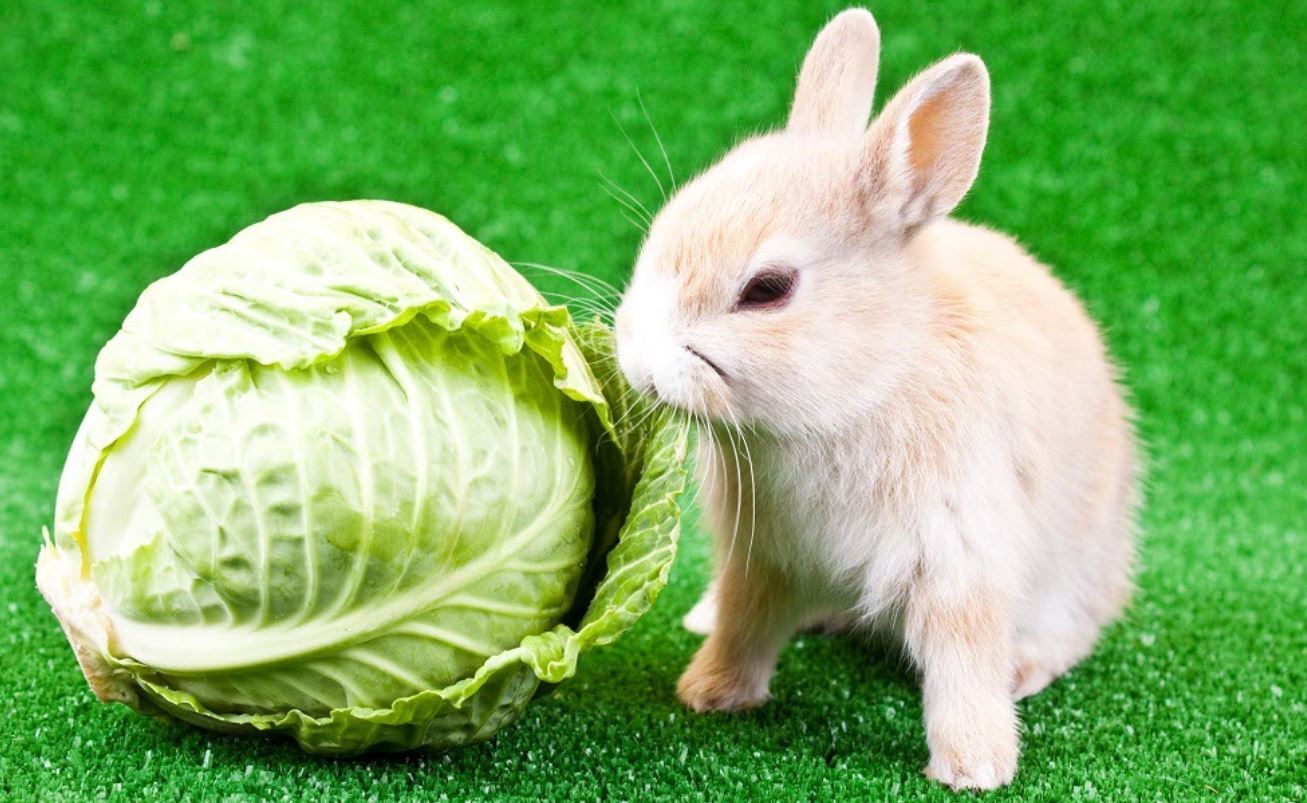
Rabbits are charming and delicate creatures that require a balanced and carefully monitored diet to ensure their health and well-being. As herbivores, their primary diet consists of hay, fresh vegetables, and a limited amount of fruits. However, not all vegetables are suitable for rabbits, and it is crucial to know which ones are safe. One such vegetable that often raises questions among rabbit owners is eggplant.
Eggplants, also known as aubergines, are a popular vegetable in many cuisines worldwide. They are rich in nutrients and have a distinct, slightly bitter taste. But can rabbits eat eggplant? This article explores the suitability of eggplant in a rabbit’s diet, examining its nutritional value, potential risks, and best practices for feeding it to your furry friend.
Table of Contents
Nutritional Value of Eggplant
Eggplants are low in calories but high in vitamins and minerals, making them a nutritious addition to human diets. They are a good source of fiber, vitamin C, vitamin K, vitamin B6, and potassium. Additionally, eggplants contain antioxidants such as nasunin, which is found in the skin and has been linked to various health benefits.
For rabbits, the fiber content in eggplants can be beneficial as fiber is essential for their digestive health. Rabbits need a high-fiber diet to maintain proper gut motility and prevent gastrointestinal stasis, a potentially life-threatening condition. However, the overall nutritional profile of eggplant must be carefully considered within the context of a rabbit’s dietary needs.
Potential Risks of Feeding Eggplant to Rabbits
While eggplants offer some nutritional benefits, they also come with potential risks for rabbits. One primary concern is the presence of solanine, a glycoalkaloid toxin found in eggplants and other members of the nightshade family, such as tomatoes and potatoes. Solanine is found in higher concentrations in the leaves and unripe fruits of the plant, but even the mature fruit contains small amounts.
Ingesting solanine can cause gastrointestinal distress in rabbits, leading to symptoms such as diarrhea, abdominal pain, and lethargy. In severe cases, it could even result in more serious health issues. Therefore, it is essential to feed eggplant to rabbits in moderation and ensure it is fully ripe and free from any green parts before offering it to them.
How to Safely Feed Eggplant to Rabbits
If you decide to introduce eggplant to your rabbit’s diet, it is important to do so with caution. Start by offering a small piece of ripe eggplant and monitor your rabbit for any adverse reactions. Observe their behavior and stool for any signs of gastrointestinal upset. If your rabbit tolerates the eggplant well, you can gradually increase the amount, but it should never become a staple in their diet.
When preparing eggplant for your rabbit, wash it thoroughly to remove any pesticides or contaminants. Remove the skin if you are concerned about the presence of nasunin or any potential bitterness that might deter your rabbit from eating it. Cut the eggplant into small, manageable pieces to prevent choking.
